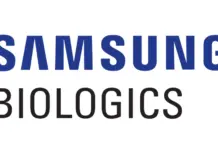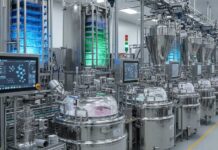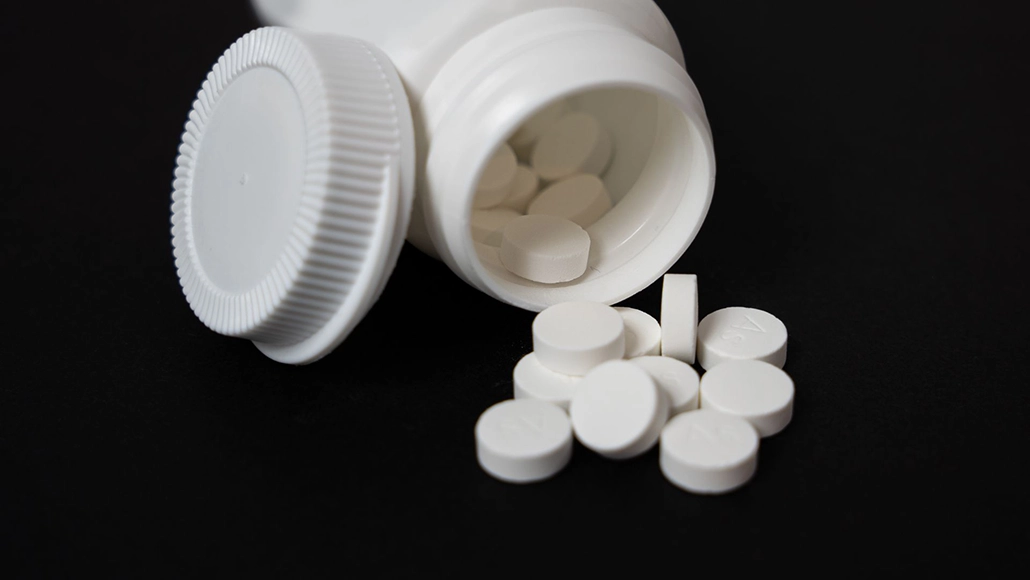The FDA has introduced a pilot fast-track review programme aimed at accelerating reviews for generic medicines tested and manufactured within the United States, marking another step to reduce the nation’s dependence on imported drugs. Under the scheme, applicants conducting required bioequivalence testing in the US, and producing medicines using only domestically sourced active pharmaceutical ingredients (APIs), will qualify for priority review.
The agency highlighted that more than half of the pharmaceuticals distributed in the US are manufactured overseas, while domestic production of APIs accounts for just 9%. China currently provides approximately 22% of the API market, with India supplying 44%. The FDA has also noted a growing trend of conducting generics studies, including bioequivalency testing, abroad,a development it views as weakening the country’s research and development infrastructure.
“Overreliance on foreign drug manufacturing and testing creates risks both to national security and patient access, and undermines investments in US research, manufacturing and production,” said George Tidmarsh, director of the FDA’s Center for Drug Evaluation and Research (CDER). He added, “It also slows down reviews and costs taxpayers more money, as these foreign research and testing sites must be inspected by FDA, and foreign inspections take more time to prepare for and are more expensive to conduct than domestic inspections.”
The new fast-track Review scheme comes amid a wider effort by the Trump administration to promote US-based manufacture of drugs. More recent actions include threats of imposing 100% tariffs on foreign drugs imported, though Pfizer had been granted a three-year waiver for agreeing to invest tens of billions in domestic facilities. In August, the FDA launched the PreCheck programme to streamline processes for companies setting up US manufacturing sites, including quicker responses on facility design, construction, pre-production, and the chemistry, manufacturing, and controls (CMC) sections of new facility applications.
Earlier this month in May, Executive Order 14293 aimed to tackle delays in constructing or renovating pharmaceutical manufacturing plants, a process that takes five to ten years because of federal, state, and local regulations, such as zoning restrictions, building standards, and environmental protocols. The order required the FDA to streamline domestic review processes, reduce unnecessary regulatory roadblocks, and enhance timeliness and predictability in approvals.




























